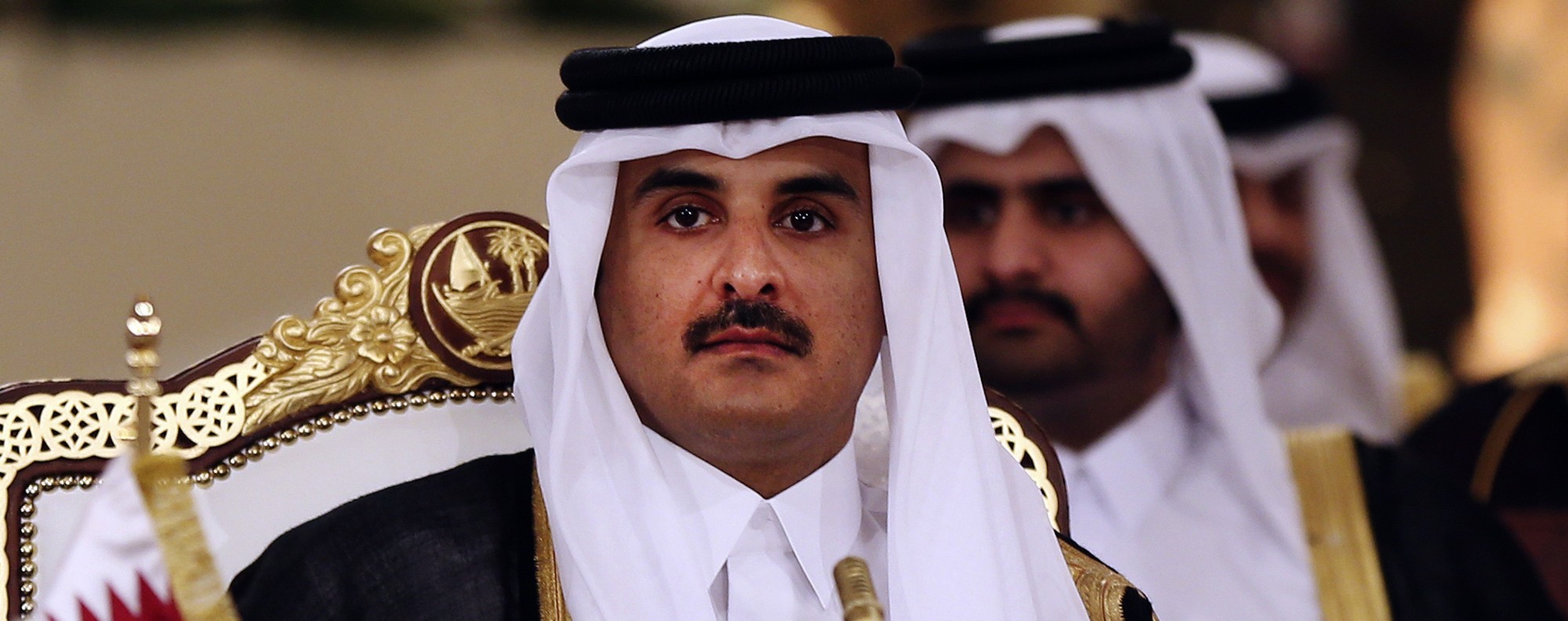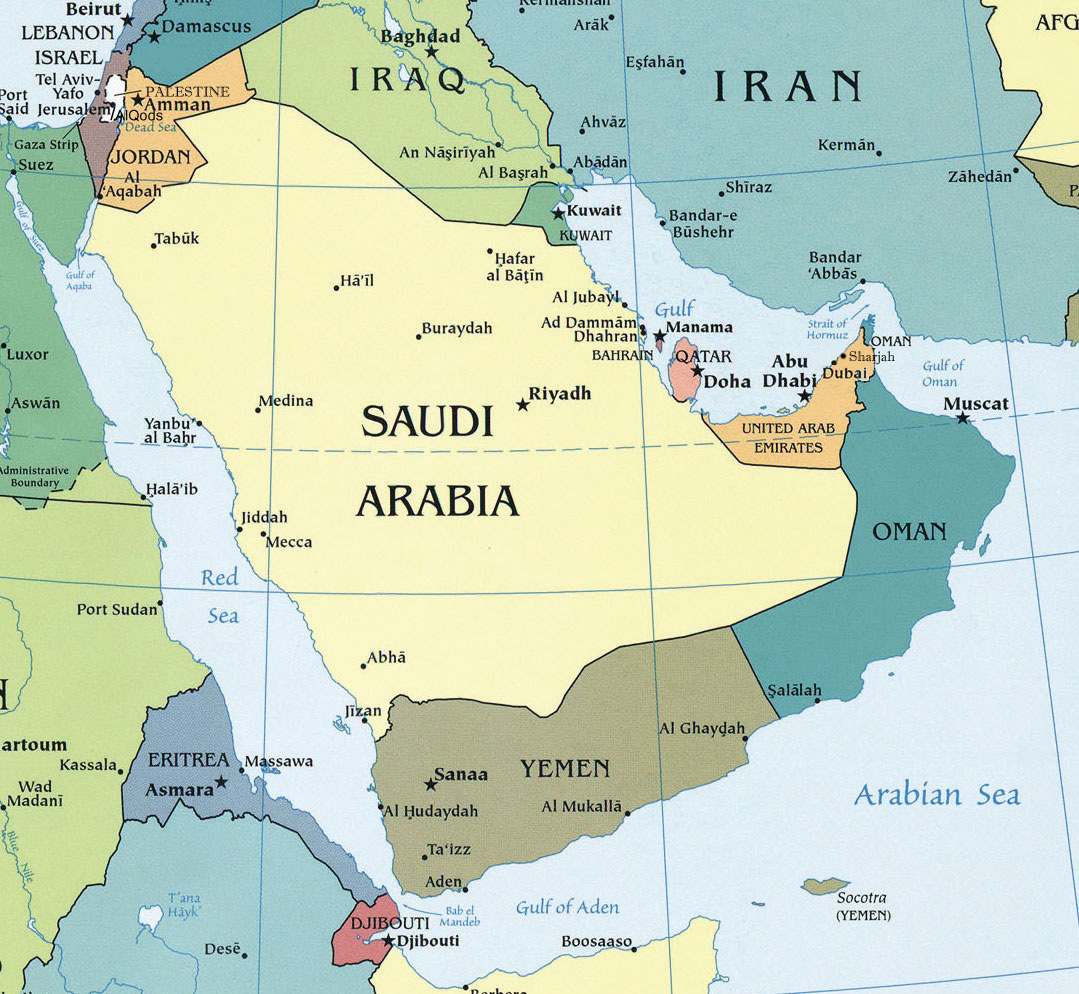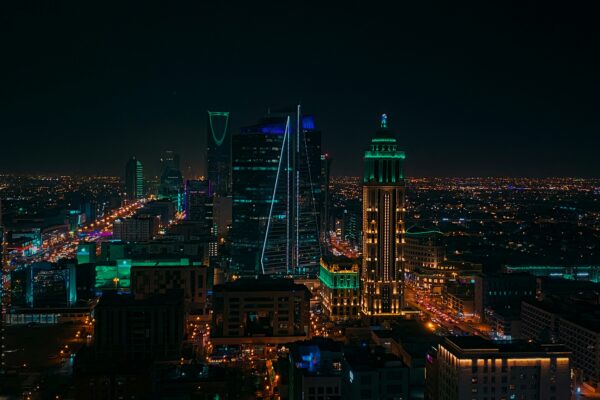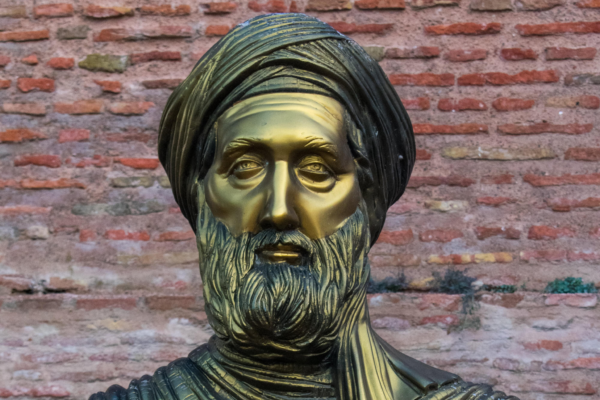What is happening now is an attempt to strangle the state of Qatar economically, politically and socially and to isolate it from the Arab and wider world.
What is happening now is an attempt to strangle the state of Qatar economically, politically and socially and to isolate it from the Arab and wider world.
Veteran Arab journalist Abdel Bari Atwan says that Qatar has paid the price for attempting to pursue an independent foreign policy to Saudi Arabia, and now faces the real prospect of military invasion and regime change.
I wasn’t exaggerating when I said two days ago that war had broken out between Qatar and its adversaries in the Gulf, and yesterday I woke from my sleep to the news about the unprecedented decision to cut off diplomatic relations and to expel the citizens of Qatar from those Gulf nations. All that is left to happen is for warplanes to be sent to bomb the Emir’s Palace and for tanks to occupy the nation and install a new leader.
What is happening now is an attempt to strangle the state of Qatar economically, politically and socially and to isolate it from the Arab and wider world, as well as to declare diplomatic and economic war as a prelude to the final stage which is military war.
The government of Qatar has accused its four adversaries of trying to “impose trusteeship” by force, but the problem is that Qatar finds itself alone in the face of this “tsunami” unless the equations change in the hours and days to come.
This was a well-thought-out, well-rehearsed move, planned in dark rooms for several weeks or perhaps months, and it came with American blessing. President Donald Trump was paid $460 billion for his visit to Riyadh last month and was crowned as the leader of the Arab and Islamic world.

I do not believe that things will stop at the point of cutting ties, withdrawing citizens from Qatar, closing borders, suspending flights and expelling Qatari citizens from the four countries. Those who watch channels like the Saudi Al-Arabiya and the Emirati channel Sky News Arabia will have noticed the war drums and incitement and will have a strong conviction that worse is yet to come. The statement by US Secretary of State Rex Tillerson yesterday calling on the Gulf states “to maintain their unity and work to resolve differences” confirms this green light. This statement reminds me of his counterpart, April Glaspie, and her meeting with the late Iraqi President Saddam Hussein before the invasion of Kuwait.
We heard Mr Mustafa Bakri, a member of the Egyptian People’s Assembly, who is very close to President Abdel Fattah al-Sisi and the Military Council, speaking openly on Al-Arabiya TV about a forthcoming war and about changing the regime in Qatar by military force. As we have heard others insist on accelerating these steps because Qatar supports terrorism in the Sinai, Syria and Libya, and funds extremist organisations such as Al Qaeda and ISIS.
I am not surprised by the announcement of Fayez al-Sarraj, President of the Libyan Presidential Council, to join the anti-Qatar coalition, like the Yemeni President Abed Rabbo Hadi Mansour, and to cut off relations with Qatar, because I believe that this alliance follows the famous theory of President George Bush, who said “with us or against us.”
The Saudi leadership, which recently mobilised leaders and representatives of 56 Islamic countries to applaud President Trump, may demand that most of these leaders, especially the Arab ones in Jordan, Morocco, Sudan and perhaps Tunisia as well, take the same route and participate in this strangulation and regime change.
Qatari independence?
Qatar’s problem, in the eyes of its adversaries, and Saudi in particular, is the belief that it can pursue an independent policy of openness to Iran and support for the Muslim Brotherhood and their arms in Egypt, Libya, Yemen, Gaza and Turkey, and use its enormous financial wealth (its annual income from oil and gas is $86 billion a year) in support of this movement and its platforms. Qatar’s leadership has also been surprised that the US air base on its soil is no longer an insurance policy to protect it from military intervention.

The invasion of Qatar should not be ruled out because of American collusion, Turkish silence and international disregard, which has raised eyebrows. The four countries have already tried military intervention to bring back Sheikh Khalifa bin Hamad, who was ousted by the hands of his son Sheikh Hamad, in a white coup. Invading forces entered Qatari territory in 1996 but were stopped by the American veto. And here comes the importance of the green light of the United States, which may be due to the visits to Washington of Crown Prince Zayed of Abu Dhabi and Prince Mohammed bin Salman of Saudi Arabia.
There are two scenarios for the process of regime change. The first is an internal military or security coup led by one of the royal family’s wings with the support of senior officers. The chances of success here seem weak because the Emir is the Minister of Defense and the Supreme Commander of the Armed Forces. The Minister of State for Defense, Khalid Al-Attiyah, is also very loyal to Emir Tamim and his father, and the father personally supervised the composition of the army to be loyal to him.
The second scenario – and the most likely one – is an external invasion in which UAE, Saudi Arabian and Egyptian land forces participate with Saudi-Emirati air cover. There are Egyptian forces and tanks already in the UAE, according to a reliable Egyptian source.
Egyptian newspapers are praising Sheikh Saud bin Nasser Al-Thani, the most prominent candidate to succeed Prince Tamim, who is considered by Egypt, Saudi Arabia and the UAE as the legitimate “heir” to Sheikh Ahmed bin Ali, the first Emir of Qatar after independence in 1971 who was overthrown by a white coup by the grandfather of the Current Emir Sheikh Tamim bin Hamad when he was visiting Tehran.
I was surprised on Monday morning by these decisive steps, but I would not be surprised by the news, perhaps before Eid, of military intervention by air, land and sea toppling the current leader, while his successor will arrive on the back of Saudi-Egyptian-Emirati-Bahraini tanks.
Who will stop this? The United Nations? Turkey, which is silent? Iran which has issued a lukewarm and mysterious statement which could carry several meanings? Will Russia act after Saudi Prince Salman visited it just days ago and signed secret and public agreements? All these parties, including strong allies of Qatar, have turned their faces to the other side, or have sunk their heads in the sand, and do not want to know because they do not want to interfere, at least until now.
Qatar’s story may be overshadowed by its end, if it has not already ended. And only God knows.
This article was translated from Arabic and first appeared on the website raialyoum. Translation taken from 5pillarsUK.com





